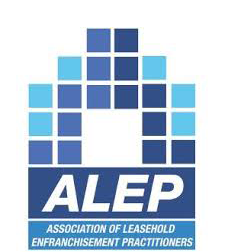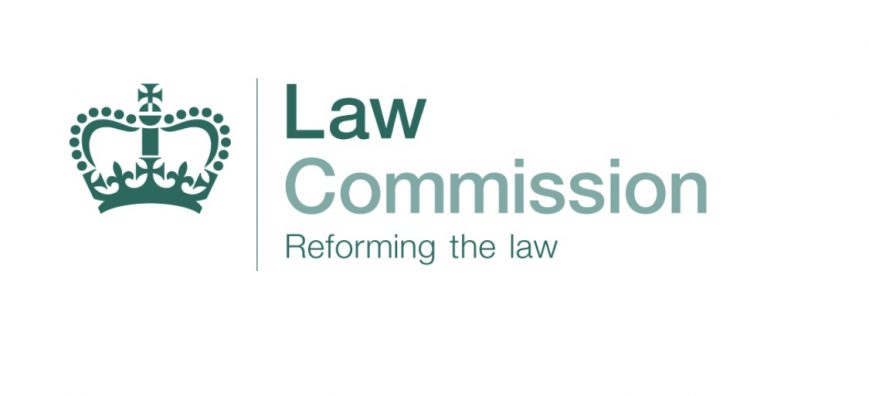Today, the Law Commission published a triumvirate of eagerly awaited reports on process issues for leasehold properties including a paper called ‘Leasehold Home Ownership: Buying your freehold or extending your lease’.
Two other papers were published as well, namely –
Leasehold home ownership: exercising the right to manage and
Reinvigorating commonhold: the alternative to leasehold ownership
This article will concentrate on the first of the three, providing a summary of the current law and the key recommendations that affect it.
It’s important to be aware though that these are only recommendations. We have numerous Law Commission reports on an array of property matters gather dust on a Whitehall shelf, with little more than a Junior Ministers aide briefly looking over it. If the recommendations are enacted into law, they could be far reaching. That may take some time though considering a global pandemic has focused Parliaments attention elsewhere for a while now. When the inevitable backlog starts to be worked through, we may consider leasehold reform sexy (Chartered Surveyor nerds here!), but perhaps some of the white collars at Westminster won’t.
Lease extension terms
Currently, the law provides for a 90 year statutory extension for flats and a 50 years for leasehold houses.
This is often seen as good enough for most but allowing a few people to fall between the cracks. If for example, a flat has an unexpired term of 70 years, extending it to 160 is more than sufficient. If it was unsuitable for loan for security finance prior due to the short term, that’s no longer a problem. If the current owners hold the property for decades and then pass it onto say their children who also hold it for decades, it may still not reach the point that a second extension is required until long after the current owners are concerned.
If however, the lease is very short at say 20 years, the addition of a further 90 is still likely to see a second extension required at some point during the current owners life time.
Institutional investors such as pension companies who collect reversionary interests may be happy with this as it gives value to an asset but the leaseholders are perhaps not.
The extension of 50 years for houses has always seemed an obscurity as anecdotally, in our experience, leasehold houses are more likely to have short terms so the 50 years often does not do enough.
The recommendation by the Law Commission is for all extensions by 990 years.
That would certainly remove considerations of a second lease extension being required by many, which could make them more attractive to leaseholders. The flip side of that is that some institutional investors such as pension funds who operate on a 50-100 year model and buy freehold reversions may exit the market. If a freeholder knows that they cannot charge ground rent past a peppercorn and will not see a reversion for a thousand years or so, some freeholds may start to become a liability.
2 year ownership rule
This is the point we get the trumpets out.
The requirement for leaseholders to own a property for 2 years before having the right to extend is a constant source of consternation. Leaseholders who have just acquired and want to extend are frustrated by having to wait whilst their interest diminishes and sometimes they take it out on their conveyancing solicitor if a recommendation to have a Section 42 notice assigned was not made. More frustrating still, we’ve noticed an increase recently in leaseholders who may have bought two years ago but because the registration took a few months, they still don’t quite qualify for an extension.
If either of the above situations results in a lease falling under 80 years before qualification is met, the costs can of course increase substantially due to the introduction of Marriage Value.
The proposal, rather sensibly is to remove the 2 year requirement. Hopefully the Mandarins are able to bend the ears of the Parliamentarians here.
Buying out the ground rent
One of the elements of the premium payable for a lease extension is the reduction of the ground rent, typically to a peppercorn. Where the ground rent is onerous, this can be a driving factor behind the lease extension where the increased term actually becomes a by-product of what is motivating the leaseholder.
The recommendation is for an additional right to be created which would allow the ground rent only to be bought out.
The devil will be in the detail here as in the vast majority of instances, the professional costs in doing so may make it prohibitive in all but the most onerous cases. The principle though does make sense so we’ll look forward to what comes out of it.
Landlords (freeholders) costs
The current law requires leaseholders to pay the non litigation costs connected with an enfranchisement or extension. For example, as Surveyors, that would normally mean payment of a Valuation fee but not for negotiations. Similarly, with solicitors to give effect to the agreement reached.
The Law Commission has referenced a previous report from January of this year on valuation methodology and recommended that depending on any changes to that practice, it is also considered whether it is still appropriate for all of the pre-litigation costs to be paid by the leaseholder.
Non elect residential percentage
The current law provides that if a freehold interest contains at least 25% commercial properties, the leaseholders cannot enfranchise to buy the freehold. This is primarily because the freeholders will have consideration to the rental potential and growth of the commercial units.
It has however been used in some cases to prevent leaseholders from extending where the commercial units have been sold off on long leasehold interests leaving the freeholders main concerns being the residential element.
The Law Commission proposal is to extend the percentage from 25% to 50%. Doing so would allow a greater number of leaseholders to enfranchise.
Shared Ownership leases
Shared Ownership is becoming increasingly popular as affordable housing provision helps support more people onto the housing ladder. However, there is no current right to extend a lease which is owned on a shared ownership basis. In practice, this makes little difference as in our experience, nearly all Landlords (mostly Housing Associations) voluntarily allow lease extensions on statutory terms as if the law did permit the extension.
The recommended right for shared ownership properties to be included within the lease extension process is therefore a sensible tidying up exercise. Perhaps unsurprisingly though, the right to enfranchise would not exist unless staircasing to 100% had been put through first.
Can we help?
We have a team of Chartered Surveyors who specialise in Leasehold reform matters and who cover inside the M25 and in some surrounding areas. Check out our Lease extension and Collective Enfranchisement websites or request our Leasehold reform guide by e-mailing info@webstersurveyors.co.uk .
Written by Dan Knowles, MRICS, Director and RICS Registered Valuer on 21st July 2020



